Probiotics vs prebiotics they are both essential for a healthy gut, but they serve different purposes.
Together, they work to support digestion, immunity, and overall wellness. Let’s break down what they are, how they differ, and why your body needs both.
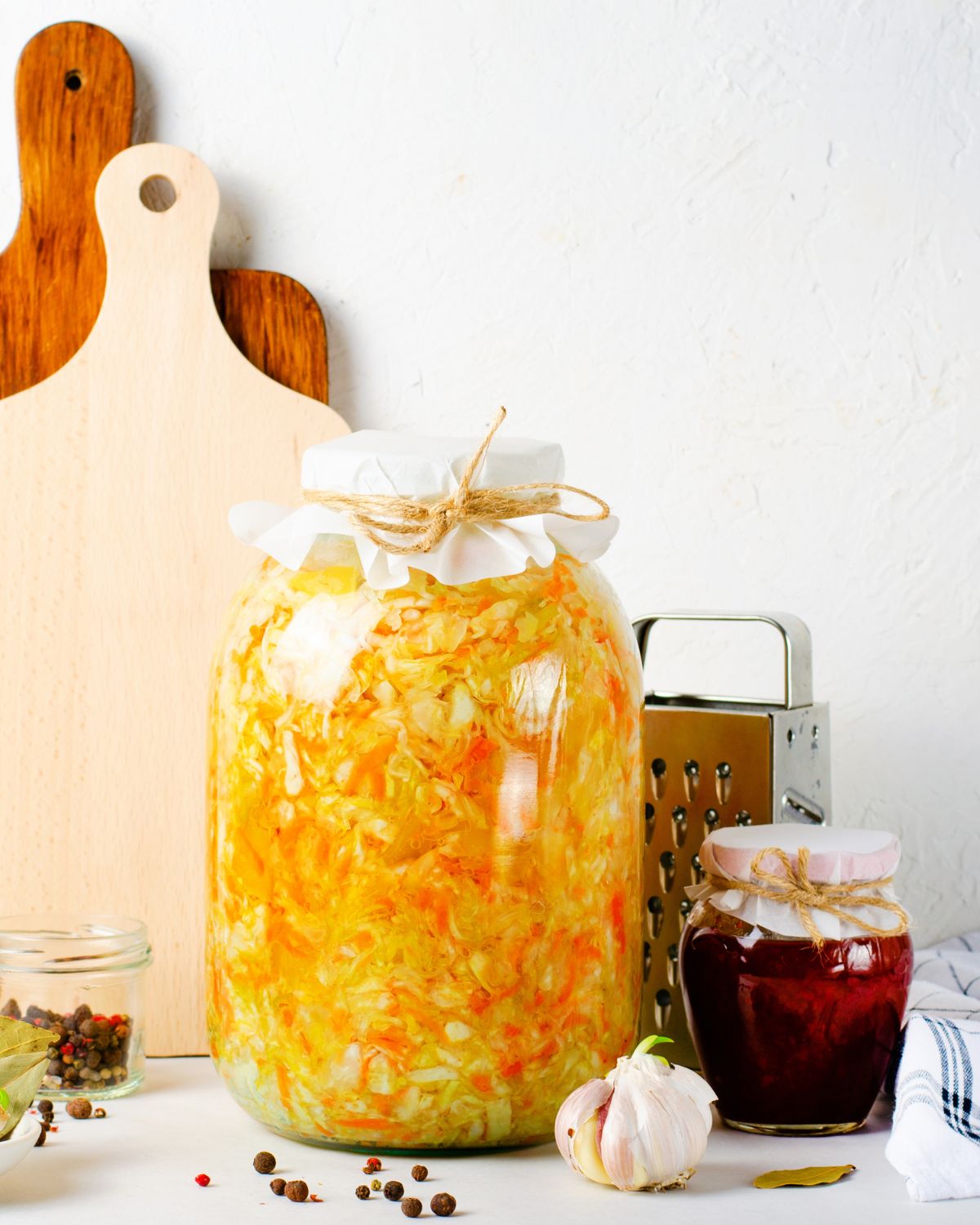
What Are Probiotics?
Probiotics are live microorganisms, often referred to as “good bacteria,” that support a healthy balance of bacteria in your gut.
- How They Work: Probiotics populate your gut with beneficial bacteria, helping to maintain or restore a balanced microbiome. They outcompete harmful bacteria, aiding digestion, improving nutrient absorption, and supporting the immune system.
- Common Types:
- Lactobacillus: Found in yogurt and fermented foods, helpful for digestion and reducing lactose intolerance.
- Bifidobacterium: Found in some dairy products, supports gut health and reduces inflammation.
- Saccharomyces boulardii: A beneficial yeast used to manage diarrhea and gut disorders.
- Food Sources: Yogurt, kefir, sauerkraut, kimchi, miso, tempeh, and kombucha.
- Benefits:
- Supports digestion and alleviates issues like bloating or constipation.
- Strengthens the immune system.
- Helps prevent and treat diarrhea, especially after antibiotics.
- May improve mental health through the gut-brain connection.
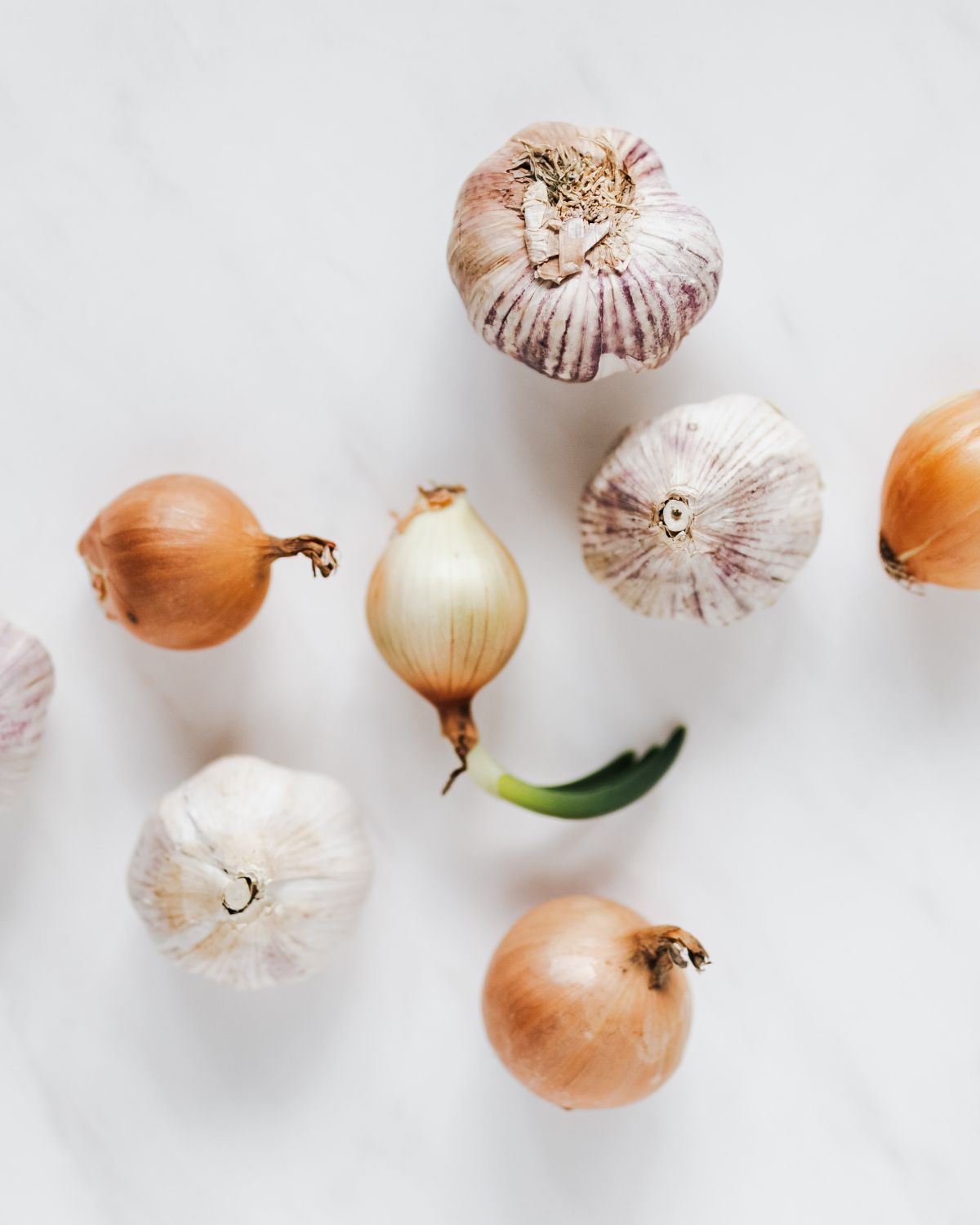
What Are Prebiotics?
Prebiotics are non-digestible fibres that feed the beneficial bacteria (probiotics) in your gut, helping them thrive.
- How They Work: Prebiotics serve as fuel for probiotics, allowing them to grow and maintain a healthy microbiome. They indirectly support gut health by fostering the growth of good bacteria.
- Common Types:
- Inulin: Found in foods like chicory root, onions, and garlic.
- Fructooligosaccharides (FOS): Found in bananas, asparagus, and leeks.
- Galactooligosaccharides (GOS): Found in beans and legumes.
- Food Sources: Garlic, onions, leeks, asparagus, bananas, artichokes, oats, and flaxseeds.
- Benefits:
- Promotes the growth of healthy gut bacteria.
- Improves digestion and bowel regularity.
- Enhances calcium and magnesium absorption.
- May reduce the risk of gut-related diseases and inflammation.
Key Differences Between Probiotics and Prebiotics
- Probiotics: The live bacteria that populate your gut.
- Prebiotics: The fibres that nourish and feed those bacteria.
- Analogy: Think of your gut as a garden—probiotics are the seeds you plant, and prebiotics are the fertilizer that helps those seeds grow.
Why Do You Need Both?
Probiotics and prebiotics work together to maintain a healthy gut microbiome. Without prebiotics, probiotics wouldn’t have the fuel they need to thrive and perform their functions effectively. Including both in your diet helps maximize gut health and overall well-being.
How to Incorporate Probiotics and Prebiotics Into Your Diet
- Probiotics:
- Add fermented foods like yogurt, kefir, or sauerkraut to your meals.
- Try kombucha or miso soup as part of your routine.
- Prebiotics:
- Eat fibre-rich foods like onions, garlic, bananas, or whole grains daily.
- Sprinkle flaxseeds or chia seeds onto your meals or smoothies.
- Combine Them:
- Pair prebiotic-rich foods with probiotic sources, such as yogurt with a banana or kimchi with a fibre-rich grain like quinoa.
FAQs
Prebiotics are non-digestible fibers that feed the beneficial bacteria in your gut, while probiotics are live microorganisms that help maintain or improve gut health.
Together, they support a healthy gut microbiome, improve digestion, enhance immunity, and may reduce inflammation and support mental health.
Foods like garlic, onions, leeks, asparagus, bananas, and whole grains are excellent sources of prebiotics.
Probiotics are found in fermented foods like yogurt, kefir, sauerkraut, kimchi, miso, and kombucha.
The Bottom Line: Probiotics vs. Prebiotics
Probiotics and prebiotics are essential for gut health, each playing a unique role in maintaining a balanced microbiome. Probiotics provide the good bacteria your gut needs, while prebiotics feed and support those bacteria.
By including a variety of fermented and fibre-rich foods in your diet, you can harness the power of both to improve digestion, immunity, and overall well-being.

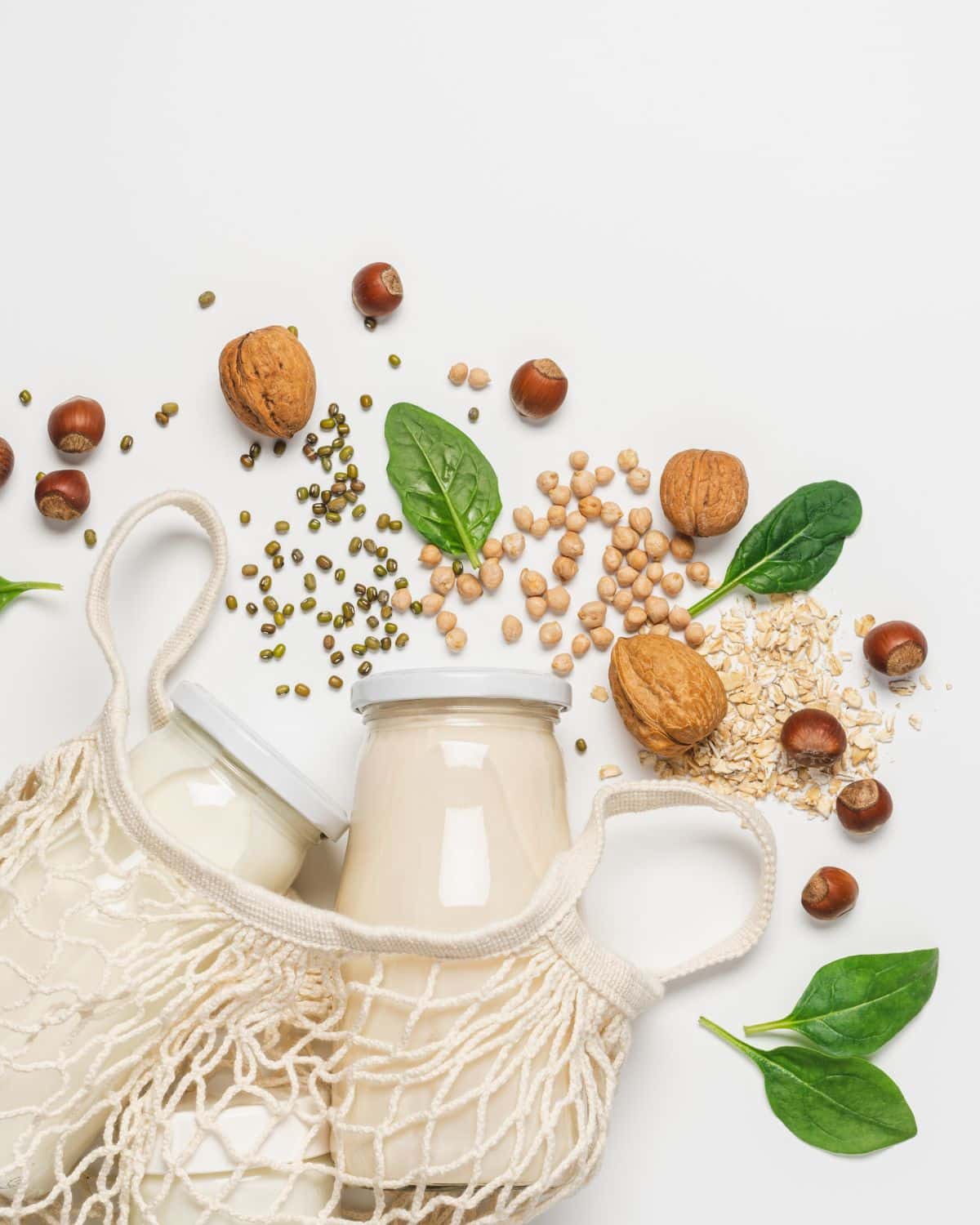
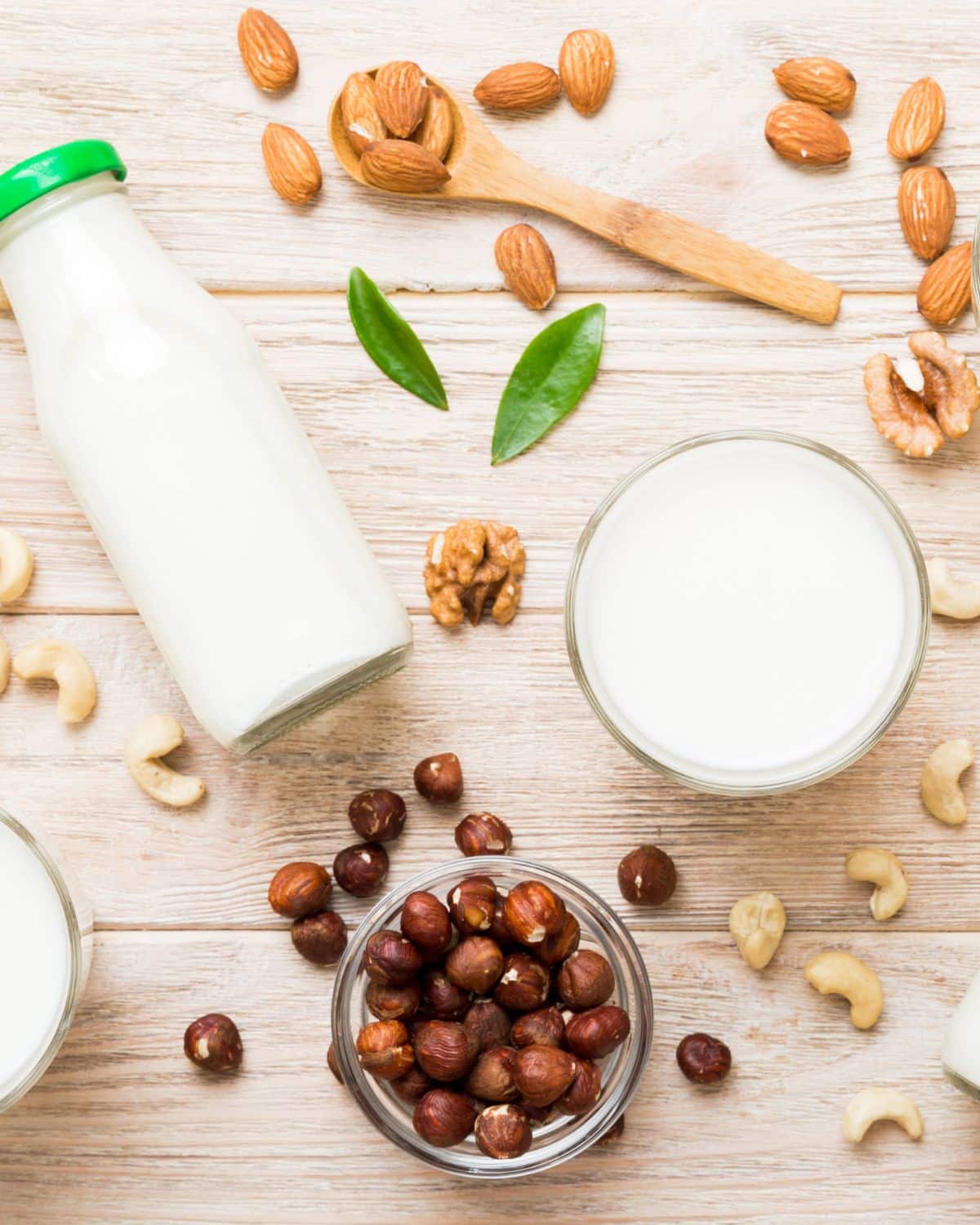

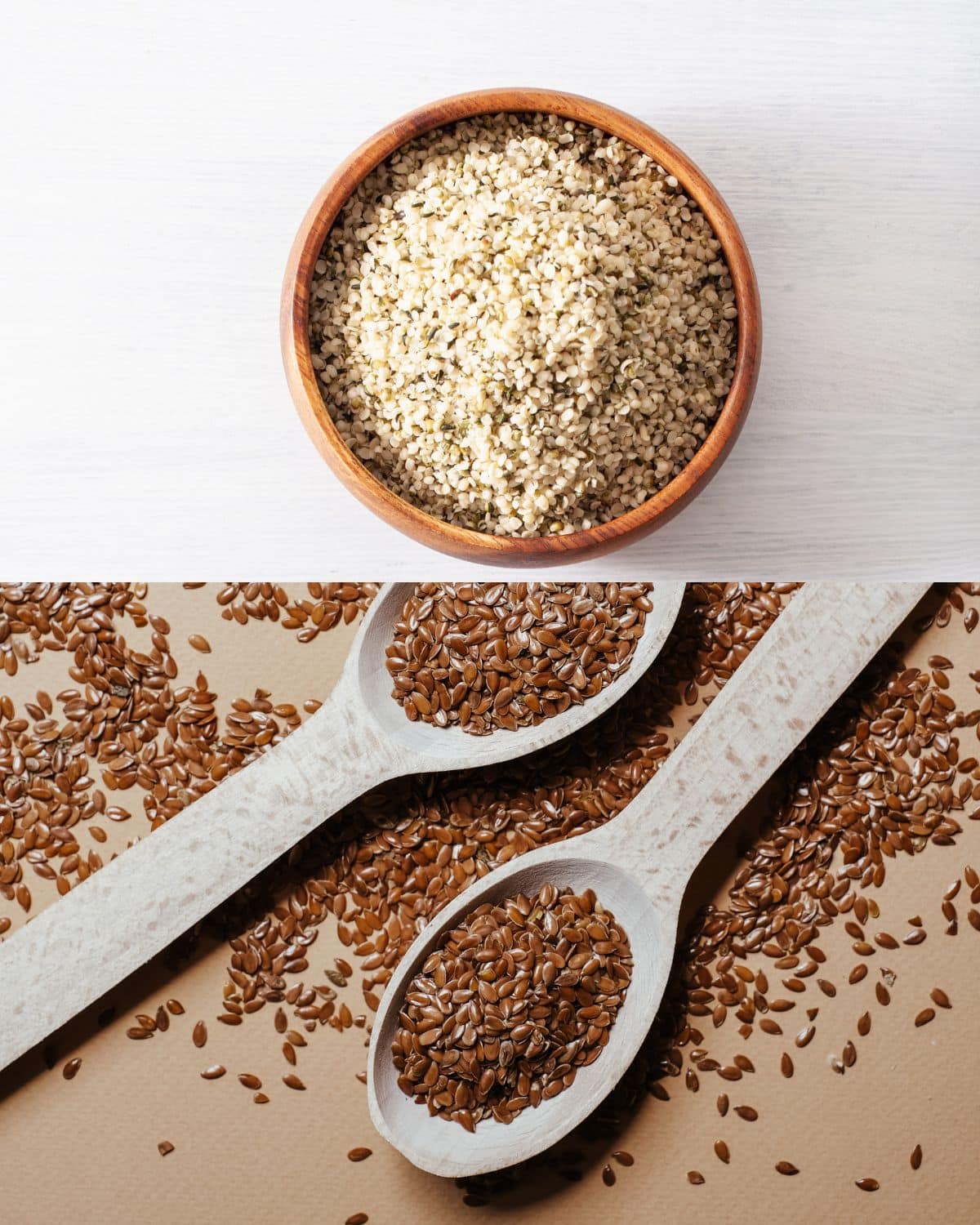
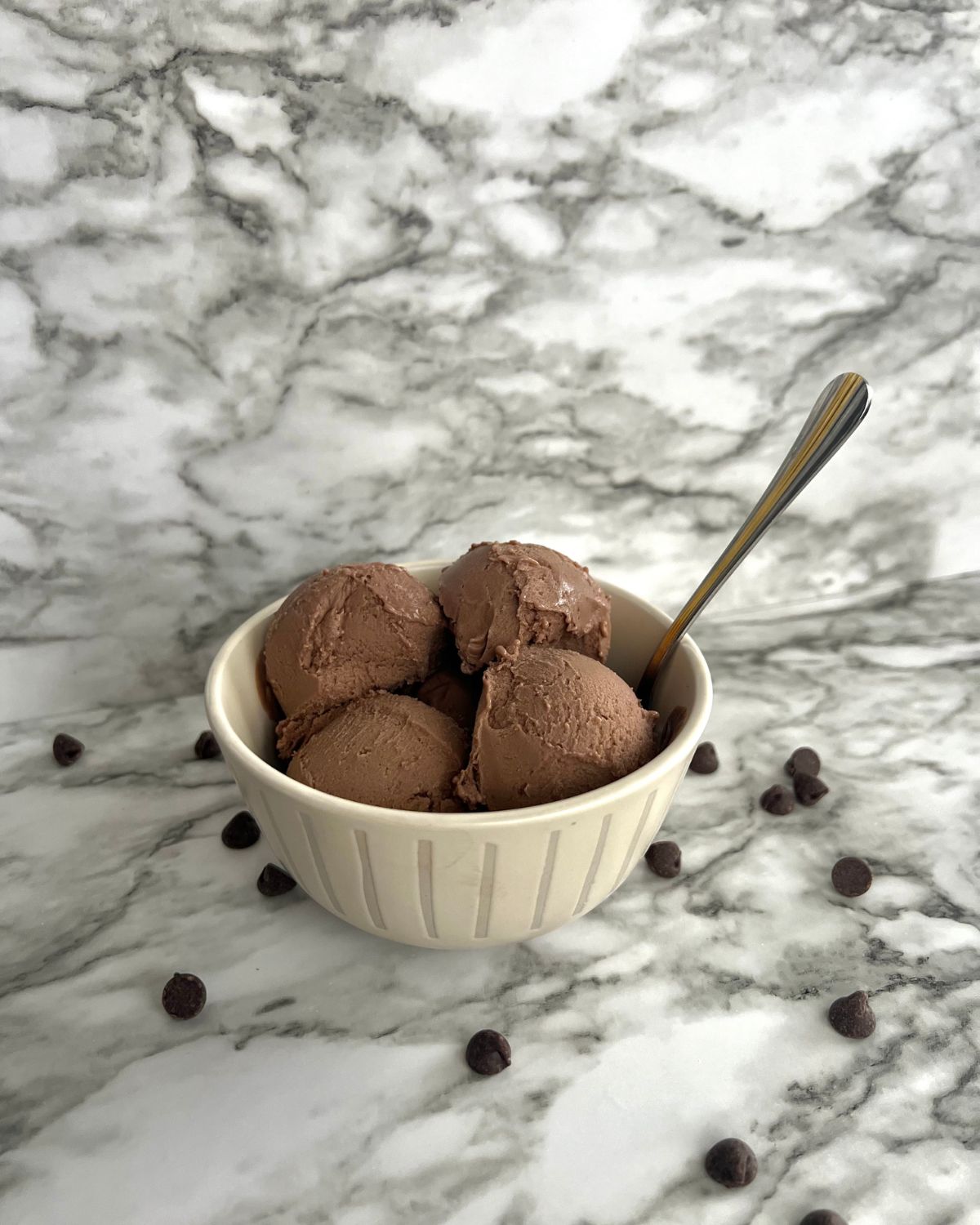
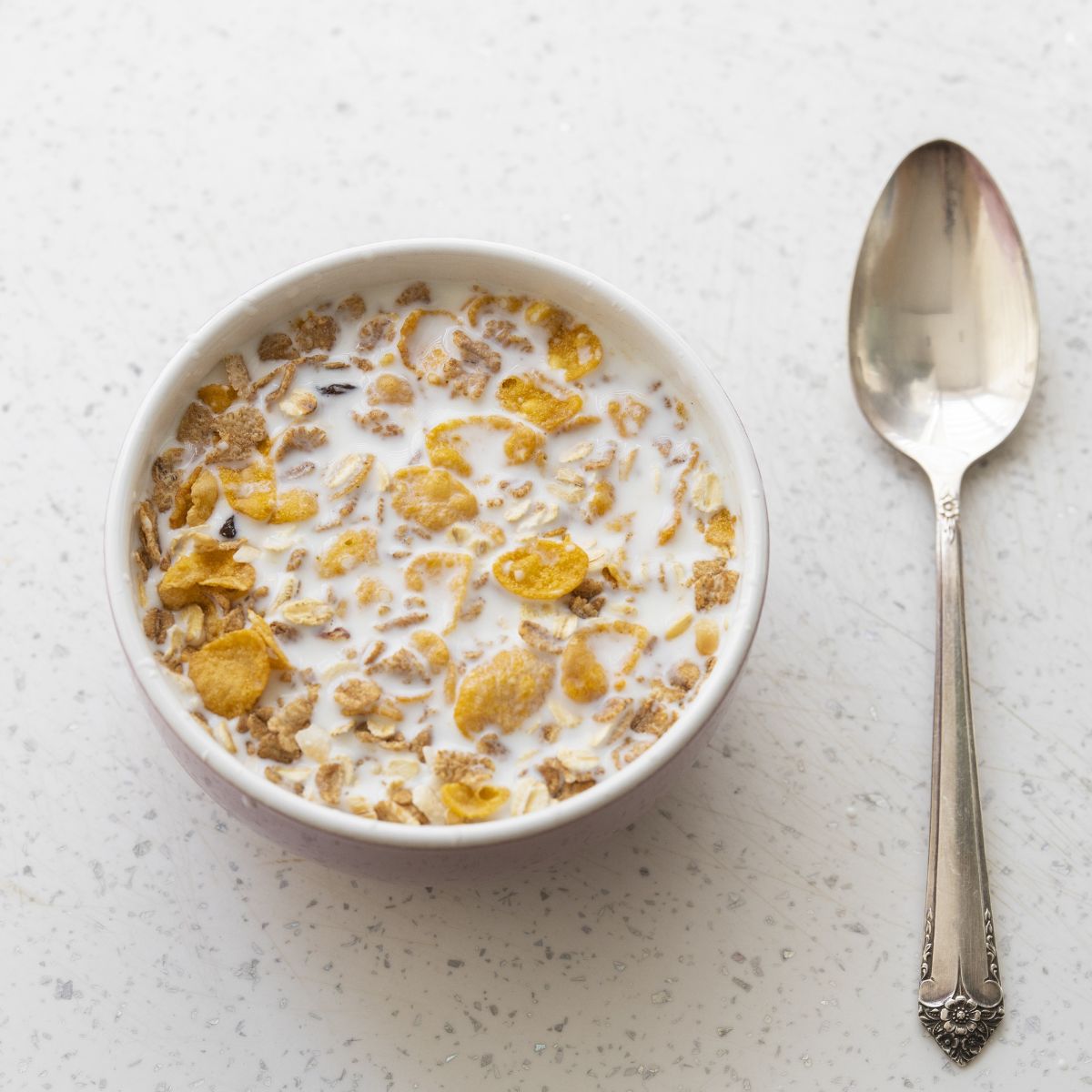

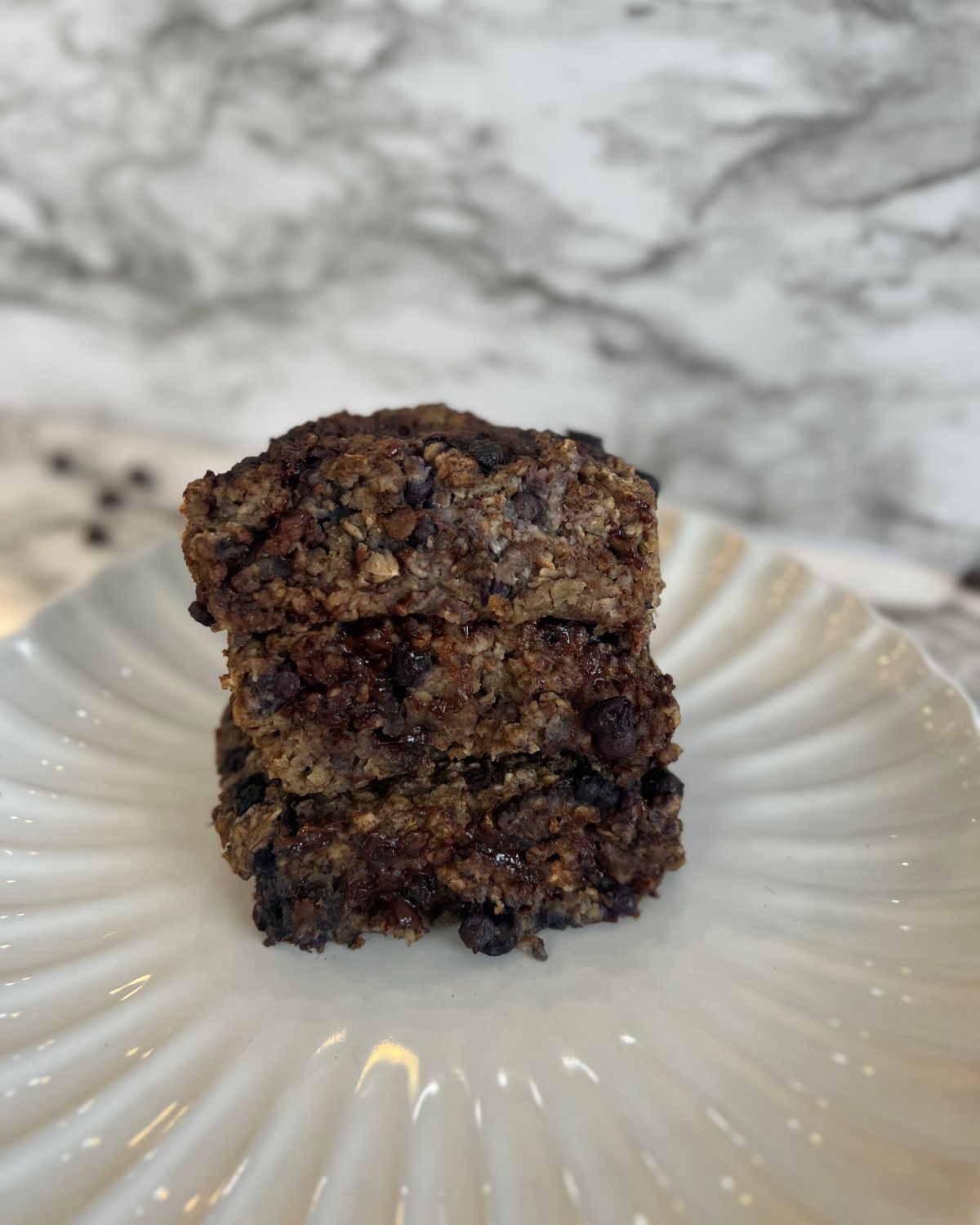
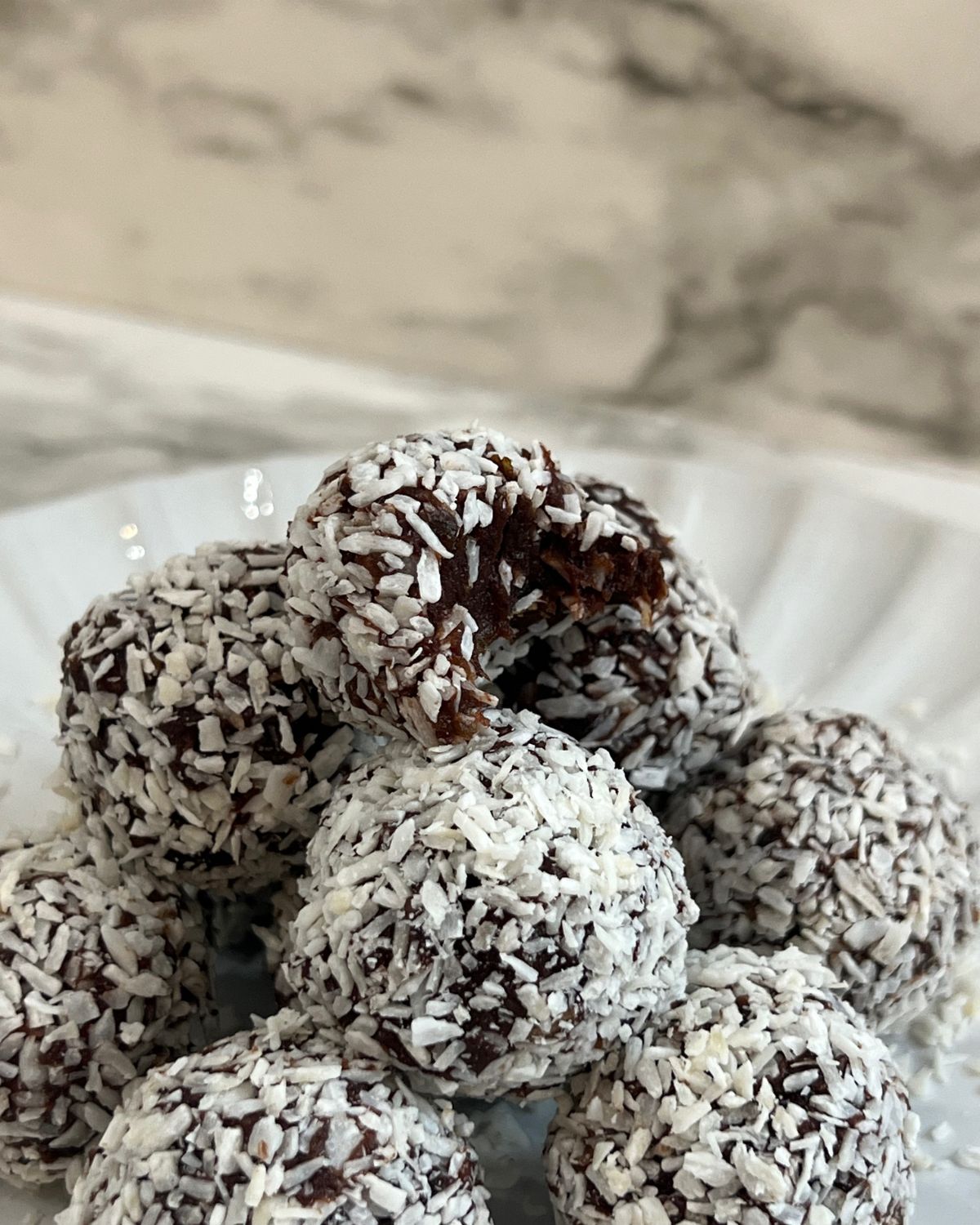
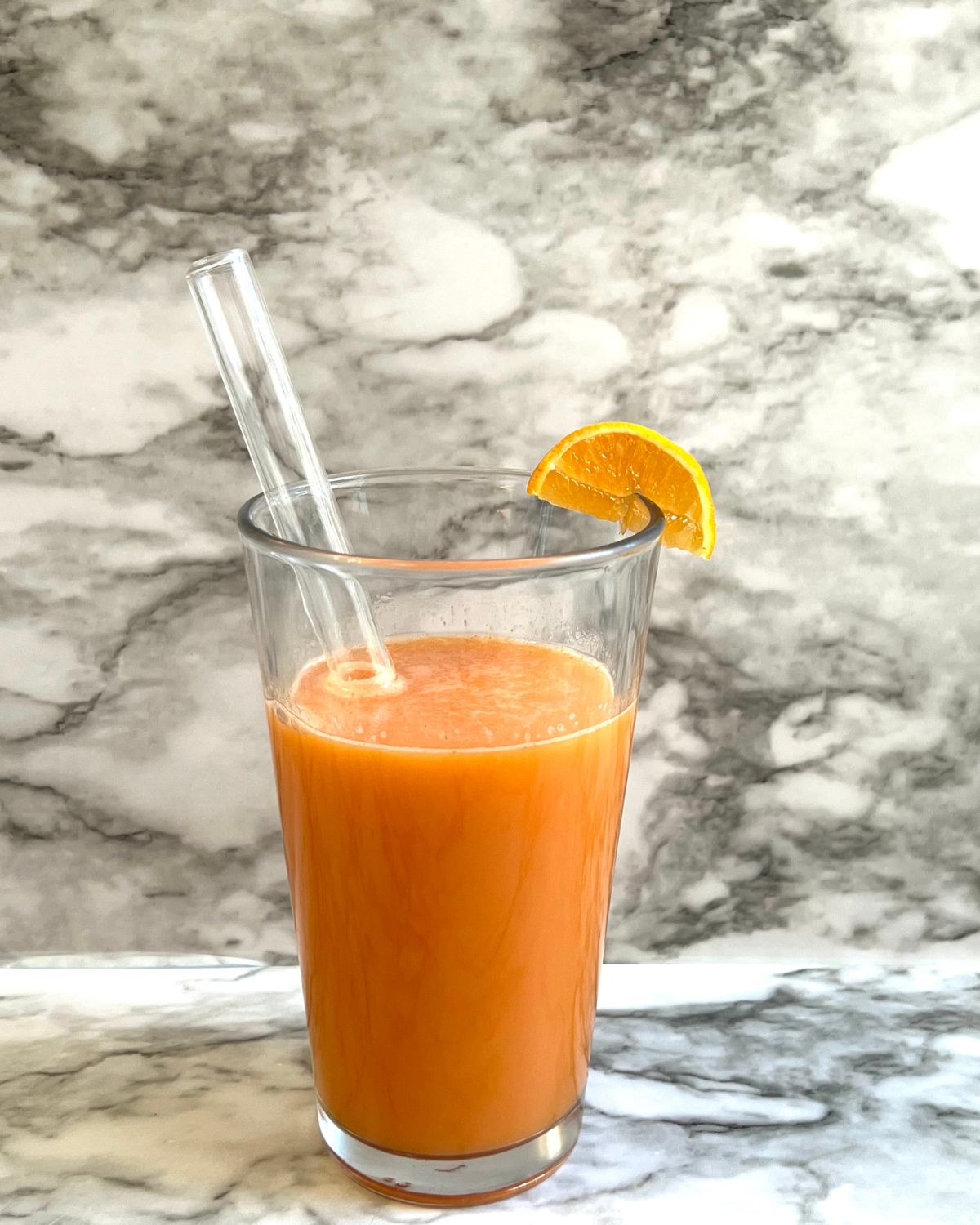
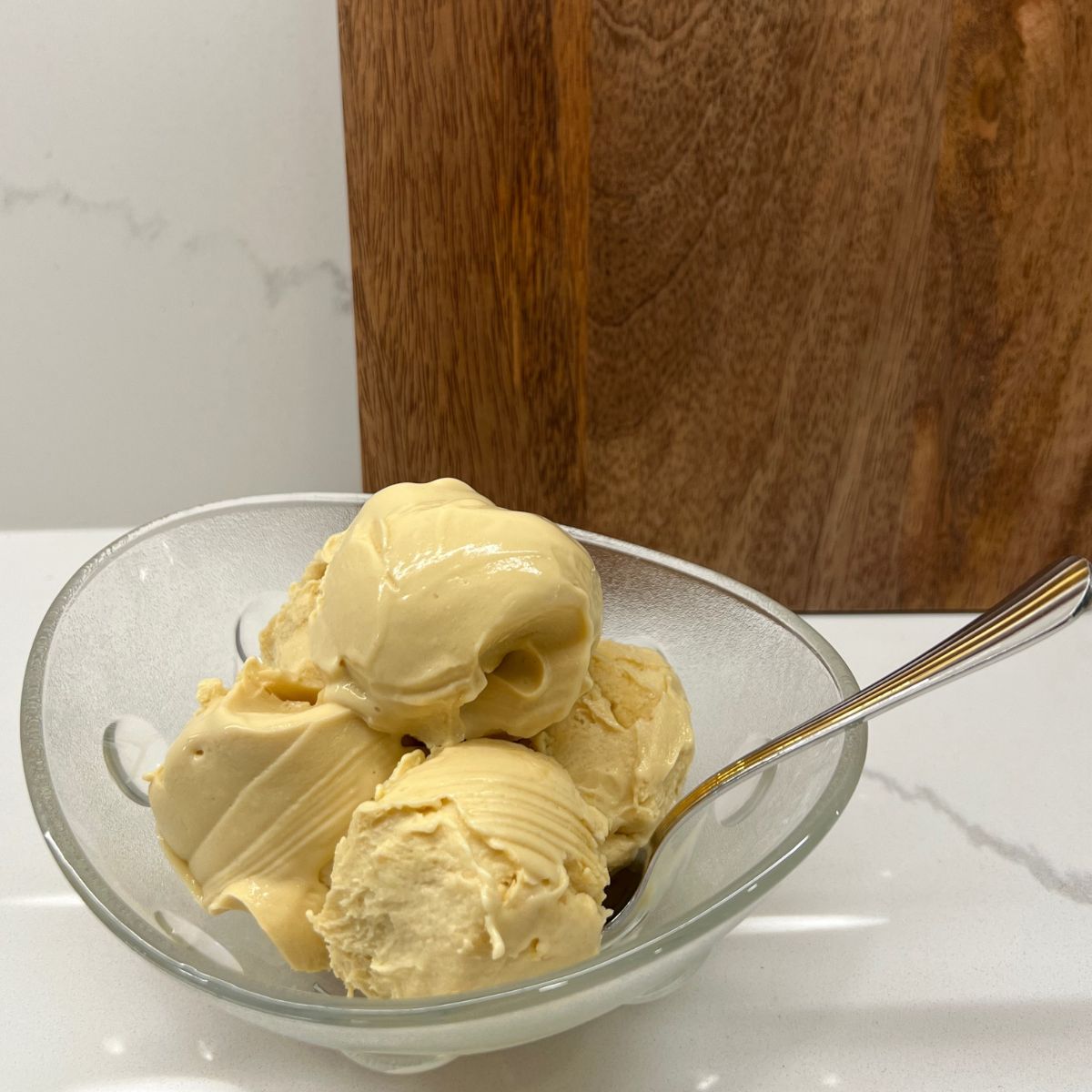
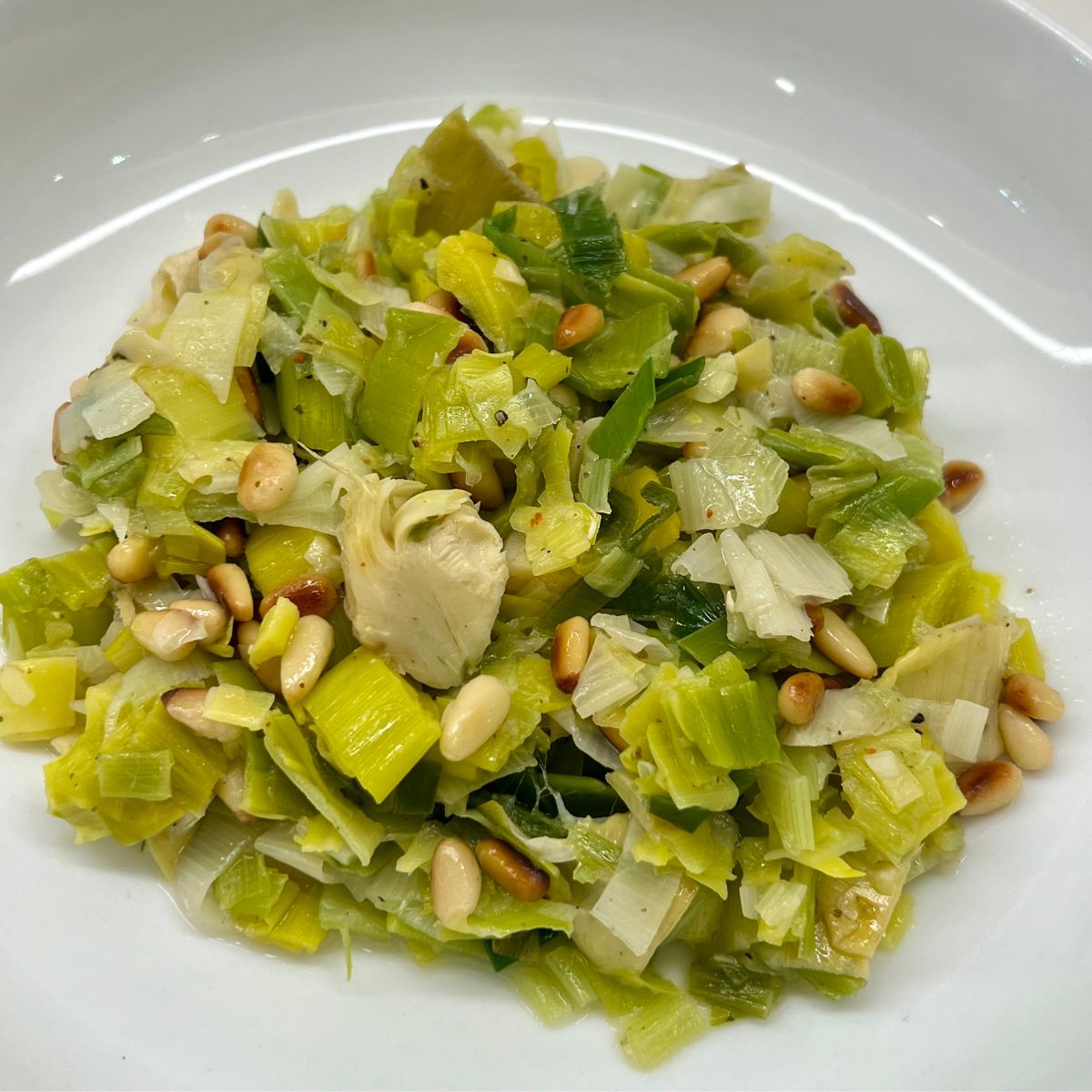
Comments
No Comments